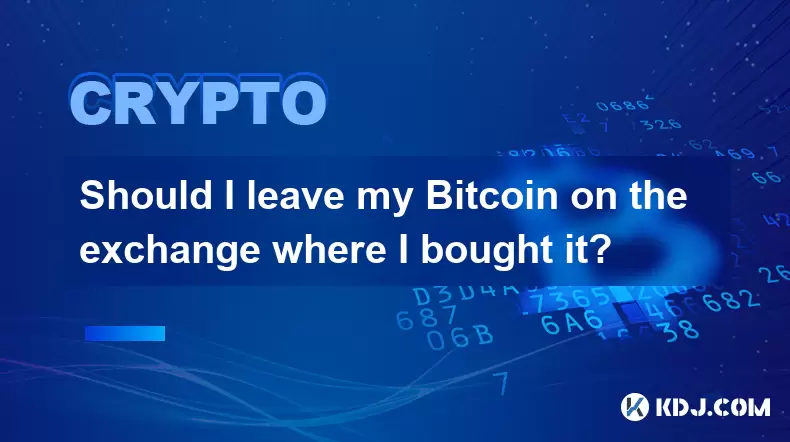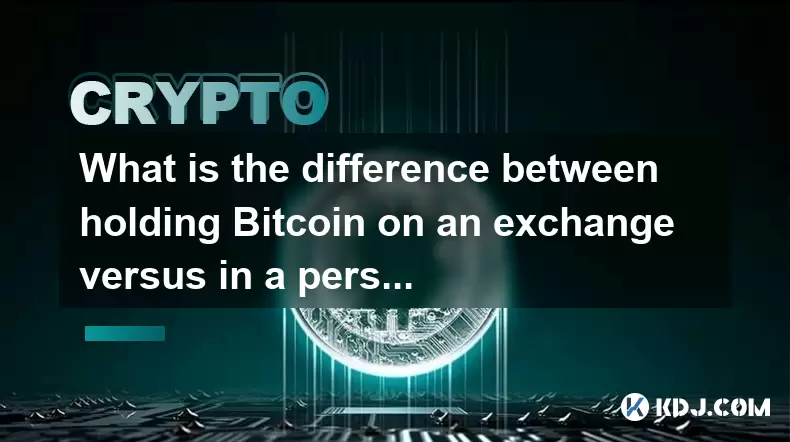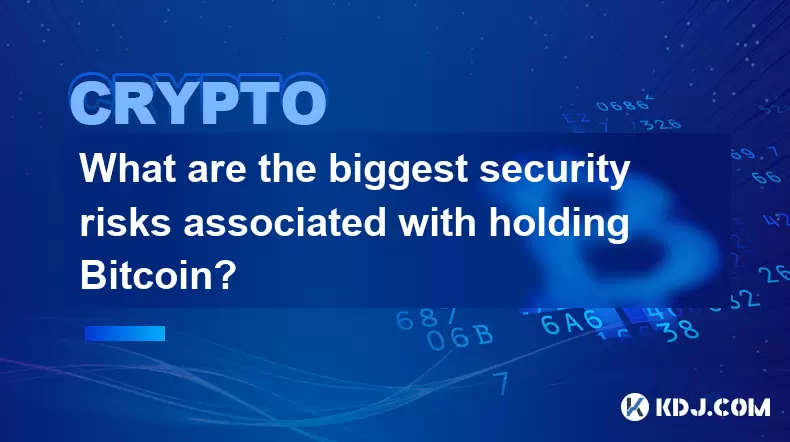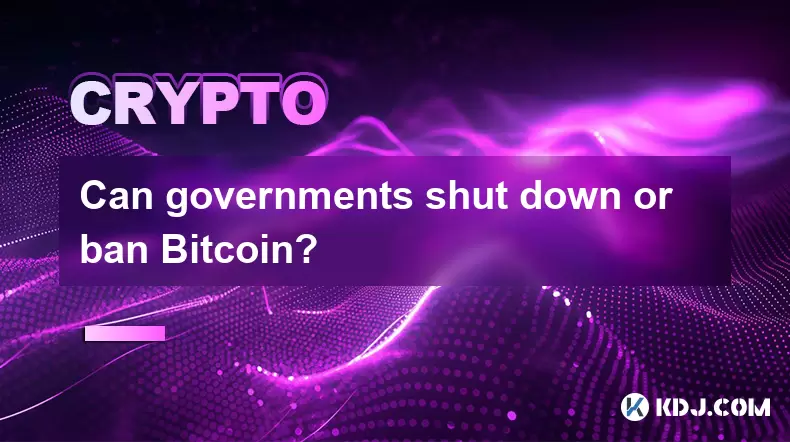-
 Bitcoin
Bitcoin $115000
0.12% -
 Ethereum
Ethereum $3701
4.50% -
 XRP
XRP $3.081
2.99% -
 Tether USDt
Tether USDt $0.0000
-0.01% -
 BNB
BNB $767.9
1.45% -
 Solana
Solana $169.5
3.13% -
 USDC
USDC $0.9999
0.01% -
 Dogecoin
Dogecoin $0.2106
4.30% -
 TRON
TRON $0.3334
1.62% -
 Cardano
Cardano $0.7564
2.54% -
 Stellar
Stellar $0.4165
0.76% -
 Hyperliquid
Hyperliquid $38.75
0.25% -
 Sui
Sui $3.593
3.00% -
 Chainlink
Chainlink $17.08
3.59% -
 Bitcoin Cash
Bitcoin Cash $573.6
4.35% -
 Hedera
Hedera $0.2508
-0.84% -
 Avalanche
Avalanche $23.07
6.46% -
 Ethena USDe
Ethena USDe $1.001
-0.02% -
 Litecoin
Litecoin $120.8
8.17% -
 UNUS SED LEO
UNUS SED LEO $8.943
-0.32% -
 Toncoin
Toncoin $3.400
-5.60% -
 Shiba Inu
Shiba Inu $0.00001255
1.54% -
 Uniswap
Uniswap $9.908
6.32% -
 Polkadot
Polkadot $3.718
2.10% -
 Monero
Monero $303.0
-0.74% -
 Dai
Dai $0.9999
-0.02% -
 Bitget Token
Bitget Token $4.392
0.91% -
 Cronos
Cronos $0.1403
6.31% -
 Pepe
Pepe $0.00001076
1.13% -
 Aave
Aave $267.2
1.80%
How to start Bitcoin investment? Purchasing skills and money-saving strategies
Starting a Bitcoin investment involves understanding its potential, setting up a secure wallet, choosing a reliable exchange, and implementing money-saving strategies.
Jun 12, 2025 at 05:15 pm

Starting a Bitcoin investment can be an exciting journey into the world of cryptocurrencies. Whether you're a beginner or someone looking to refine your strategies, understanding the basics of purchasing Bitcoin and implementing money-saving techniques is crucial. This article will guide you through the process of starting your Bitcoin investment, along with tips on purchasing skills and money-saving strategies.
Understanding Bitcoin and Its Investment Potential
Before diving into the world of Bitcoin investment, it's essential to understand what Bitcoin is and why it has investment potential. Bitcoin is a decentralized digital currency that operates on a blockchain, a distributed ledger that records all transactions across a network of computers. Its value is determined by supply and demand in the market, and it has gained significant attention due to its potential for high returns.
Bitcoin's investment potential lies in its limited supply and increasing demand. There will only ever be 21 million Bitcoins, and as more people and institutions adopt the cryptocurrency, its value could increase. Understanding these fundamentals is the first step toward making informed investment decisions.
Setting Up a Cryptocurrency Wallet
To start investing in Bitcoin, you'll need a place to store your digital assets securely. A cryptocurrency wallet is essential for this purpose. There are several types of wallets, including software wallets, hardware wallets, and paper wallets. Each has its own set of advantages and security levels.
- Software Wallets: These are applications that you can download on your computer or mobile device. They are convenient for daily transactions but may be less secure than other options.
- Hardware Wallets: These are physical devices that store your private keys offline, offering a high level of security. They are ideal for long-term storage.
- Paper Wallets: These are physical documents that contain your public and private keys. They are secure as long as you keep them safe from physical damage and unauthorized access.
Choose a wallet that aligns with your investment goals and security needs. For beginners, a software wallet like Trust Wallet or Exodus might be a good starting point due to their user-friendly interfaces.
Choosing a Cryptocurrency Exchange
Once you have a wallet, the next step is to choose a cryptocurrency exchange where you can buy Bitcoin. There are numerous exchanges available, each with different features, fees, and security measures. Some popular exchanges include Coinbase, Binance, and Kraken.
When selecting an exchange, consider the following factors:
- Security: Look for exchanges with robust security measures, such as two-factor authentication (2FA) and cold storage for funds.
- Fees: Compare the trading fees and withdrawal fees of different exchanges to find the most cost-effective option.
- User Interface: A user-friendly interface can make the buying process smoother, especially for beginners.
- Liquidity: Higher liquidity means you can buy and sell Bitcoin more easily at the market price.
After choosing an exchange, you'll need to create an account, complete the necessary verification steps, and link a payment method such as a bank account or credit card.
Purchasing Bitcoin: Step-by-Step Guide
Once your account is set up, you can proceed to buy Bitcoin. Here's a step-by-step guide on how to purchase Bitcoin on a typical exchange:
- Log into Your Exchange Account: Access your account on the chosen exchange.
- Navigate to the Buy/Sell Section: Find the section where you can buy cryptocurrencies.
- Select Bitcoin (BTC): Choose Bitcoin from the list of available cryptocurrencies.
- Enter the Amount: Decide how much Bitcoin you want to buy and enter the amount. You can usually choose to enter the amount in your local currency or in Bitcoin.
- Choose a Payment Method: Select your preferred payment method, such as a bank transfer or credit card.
- Review and Confirm: Review the transaction details, including the total cost and fees, and confirm the purchase.
- Transfer to Your Wallet: Once the purchase is complete, transfer your Bitcoin to your personal wallet for added security.
Implementing Money-Saving Strategies
To maximize your Bitcoin investment, it's important to implement money-saving strategies. Here are some tips to help you save money while investing in Bitcoin:
- Dollar-Cost Averaging (DCA): Instead of investing a large sum at once, spread out your investments over time. This strategy can help you buy Bitcoin at different price points, reducing the impact of volatility.
- Minimize Fees: Pay attention to the fees charged by exchanges and wallets. Opt for exchanges with lower fees and use limit orders to control the price at which you buy Bitcoin.
- Avoid Panic Selling: Emotional decisions can lead to losses. Stick to your investment plan and avoid selling Bitcoin during market dips unless it aligns with your strategy.
- Stay Informed: Keep up with market news and trends. Being informed can help you make better investment decisions and avoid falling for scams.
Diversifying Your Cryptocurrency Portfolio
While Bitcoin is a significant part of many cryptocurrency portfolios, diversifying your investments can help manage risk. Consider investing in other cryptocurrencies like Ethereum, Litecoin, or Cardano. Diversification can provide exposure to different aspects of the crypto market and potentially increase your returns.
To diversify, follow these steps:
- Research Other Cryptocurrencies: Understand the fundamentals and potential of other cryptocurrencies.
- Allocate Funds: Decide how much of your investment portfolio you want to allocate to different cryptocurrencies.
- Use Multiple Exchanges: Different exchanges may offer better prices for different cryptocurrencies, so consider using more than one exchange.
- Monitor and Rebalance: Regularly review your portfolio and rebalance it as needed to maintain your desired asset allocation.
Frequently Asked Questions
Q: Is it safe to invest in Bitcoin?
A: Investing in Bitcoin can be safe if you take the necessary precautions. Use reputable exchanges, secure wallets, and follow best practices for cybersecurity. However, the value of Bitcoin can be highly volatile, so it's important to invest only what you can afford to lose.
Q: How much money do I need to start investing in Bitcoin?
A: You can start investing in Bitcoin with a relatively small amount of money. Some exchanges allow you to buy fractions of a Bitcoin, so you can begin with as little as $10 or $20. The key is to start small and gradually increase your investment as you become more comfortable with the process.
Q: Can I invest in Bitcoin through a traditional brokerage account?
A: Some traditional brokerages now offer Bitcoin trading, but the selection is limited compared to dedicated cryptocurrency exchanges. If you're looking for a wider range of cryptocurrencies and lower fees, using a cryptocurrency exchange is generally the better option.
Q: What are the tax implications of investing in Bitcoin?
A: The tax implications of Bitcoin investment vary by country. In many jurisdictions, Bitcoin is treated as property, and any gains from selling Bitcoin are subject to capital gains tax. It's important to keep detailed records of your transactions and consult with a tax professional to understand your specific obligations.
Disclaimer:info@kdj.com
The information provided is not trading advice. kdj.com does not assume any responsibility for any investments made based on the information provided in this article. Cryptocurrencies are highly volatile and it is highly recommended that you invest with caution after thorough research!
If you believe that the content used on this website infringes your copyright, please contact us immediately (info@kdj.com) and we will delete it promptly.
- Bitcoin, Fed Rate Cut, and Crypto Stocks: A New Yorker's Take
- 2025-08-05 14:50:12
- Police, Cryptocurrency, Bitcoin Windfall: Unexpected Gains and Cautionary Tales
- 2025-08-05 15:30:12
- MAGACOIN: The Next Shiba Inu ROI? A Crypto Presale Deep Dive
- 2025-08-05 15:30:12
- Bitcoin, Kiyosaki, and the August Curse: Will History Repeat?
- 2025-08-05 14:50:12
- Crypto Airdrops: Your August 2025 Guide to Free Tokens & Opportunities
- 2025-08-05 13:45:13
- Luxury Dining Reimagined: St. Regis Singapore & Marriott's Culinary Celebration
- 2025-08-05 13:45:13
Related knowledge

Should I leave my Bitcoin on the exchange where I bought it?
Aug 04,2025 at 06:35am
Understanding the Role of Smart Contracts in Decentralized Finance (DeFi)Smart contracts are self-executing agreements with the terms directly written...

What is the difference between holding Bitcoin on an exchange versus in a personal wallet?
Aug 02,2025 at 03:15pm
Understanding Custodial vs Non-Custodial ControlWhen holding Bitcoin on an exchange, users are essentially entrusting their assets to a third party. E...

What is the environmental impact of Bitcoin mining, and is it a serious concern?
Aug 04,2025 at 02:14am
Understanding the Energy Consumption of Bitcoin MiningBitcoin mining relies on a proof-of-work (PoW) consensus mechanism, which requires miners to sol...

What is a 51% attack, and could it destroy Bitcoin?
Aug 03,2025 at 05:08pm
Understanding the Concept of a 51% AttackA 51% attack refers to a scenario in which a single entity or group gains control of more than half of a bloc...

What are the biggest security risks associated with holding Bitcoin?
Aug 03,2025 at 03:16pm
Exposure to Private Key CompromiseOne of the most critical security risks when holding Bitcoin is the compromise of private keys. These cryptographic ...

Can governments shut down or ban Bitcoin?
Aug 02,2025 at 09:44am
Understanding Bitcoin’s Decentralized StructureBitcoin operates on a decentralized peer-to-peer network, meaning it is not controlled by any single en...

Should I leave my Bitcoin on the exchange where I bought it?
Aug 04,2025 at 06:35am
Understanding the Role of Smart Contracts in Decentralized Finance (DeFi)Smart contracts are self-executing agreements with the terms directly written...

What is the difference between holding Bitcoin on an exchange versus in a personal wallet?
Aug 02,2025 at 03:15pm
Understanding Custodial vs Non-Custodial ControlWhen holding Bitcoin on an exchange, users are essentially entrusting their assets to a third party. E...

What is the environmental impact of Bitcoin mining, and is it a serious concern?
Aug 04,2025 at 02:14am
Understanding the Energy Consumption of Bitcoin MiningBitcoin mining relies on a proof-of-work (PoW) consensus mechanism, which requires miners to sol...

What is a 51% attack, and could it destroy Bitcoin?
Aug 03,2025 at 05:08pm
Understanding the Concept of a 51% AttackA 51% attack refers to a scenario in which a single entity or group gains control of more than half of a bloc...

What are the biggest security risks associated with holding Bitcoin?
Aug 03,2025 at 03:16pm
Exposure to Private Key CompromiseOne of the most critical security risks when holding Bitcoin is the compromise of private keys. These cryptographic ...

Can governments shut down or ban Bitcoin?
Aug 02,2025 at 09:44am
Understanding Bitcoin’s Decentralized StructureBitcoin operates on a decentralized peer-to-peer network, meaning it is not controlled by any single en...
See all articles

























































































